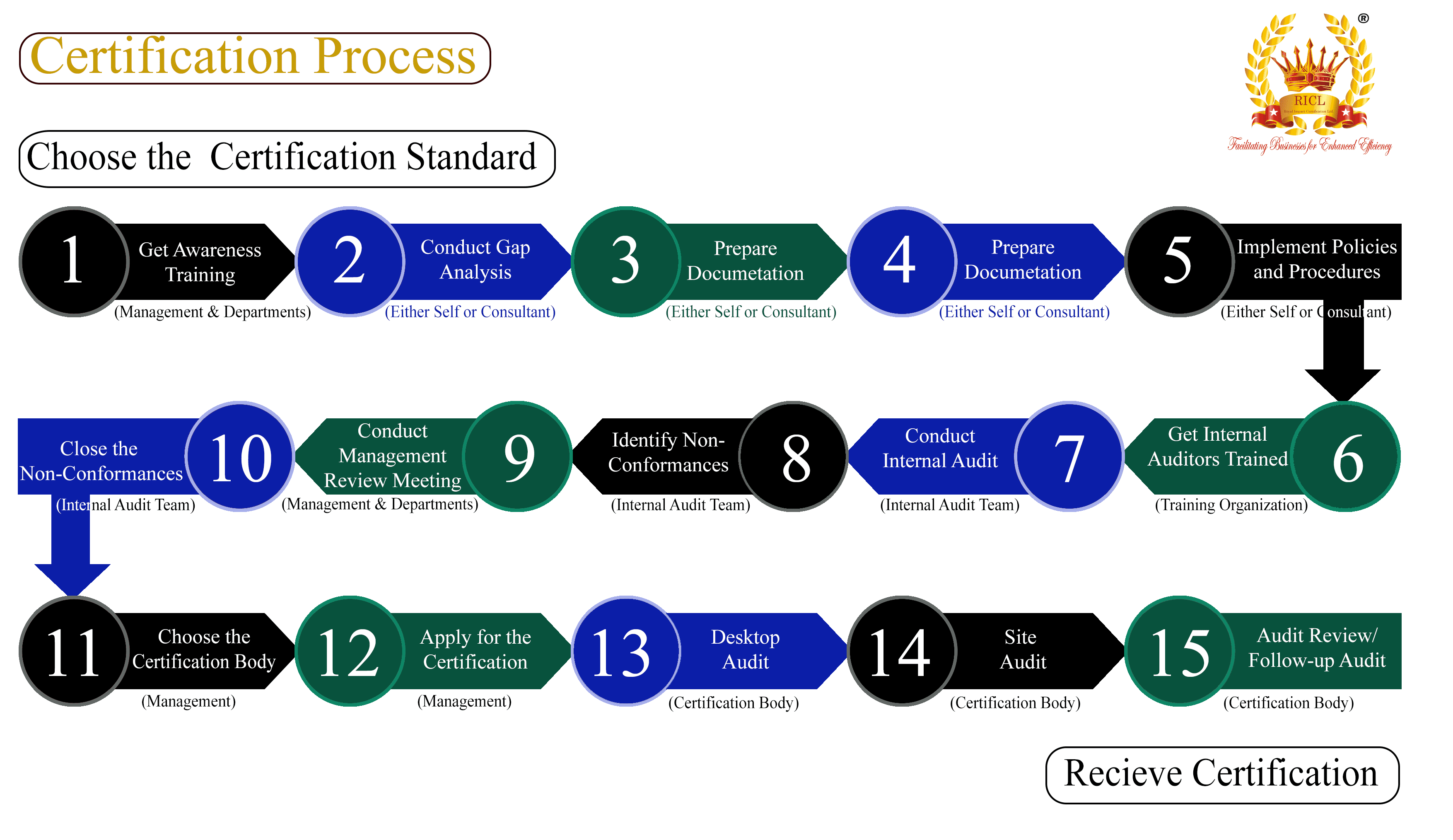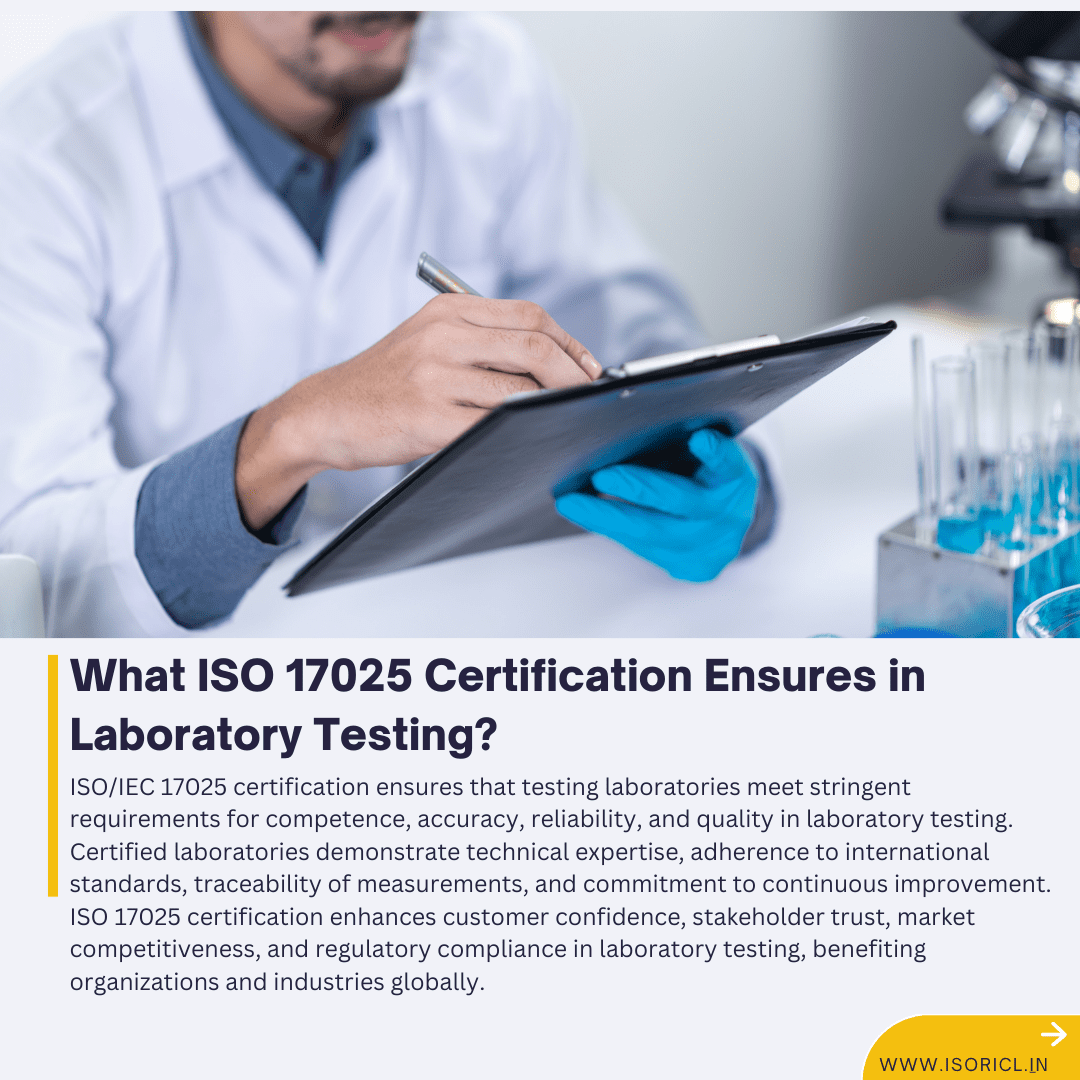
Tourism Industry
The tourism industry encompasses a broad range of sectors and businesses that offer services and facilities for leisure and business travelers. These include hotels, motels, resorts, guest houses, hostels, tour operators, travel agents, and transportation services such as airlines and car rentals.
The tourism industry encompasses a broad range of sectors and businesses that offer services and facilities for leisure and business travelers. These include hotels, motels, resorts, guest houses, hostels, tour operators, travel agents, and transportation services such as airlines and car rentals. As a significant contributor to the global economy, the tourism industry is vital for creating jobs, generating income, and promoting cultural exchange and understanding among countries.
Importance of ISO Certification in the Tourism Industry
ISO certification in the tourism industry is crucial for ensuring that organizations consistently deliver quality services that meet both customer expectations and regulatory requirements. The adoption of ISO standards helps to streamline operations, enhance customer satisfaction, and improve the overall management of tourism activities. Some key ISO standards applicable to the tourism industry include:
ISO 9001: Quality Management System
ISO 9001 helps tourism businesses establish a quality management system that promotes a continuous improvement culture and ensures that guests receive consistent, high-quality services.
ISO 14001: Environmental Management System
Given the tourism industry’s impact on the environment, ISO 14001 is vital for helping businesses minimize their ecological footprint by managing their environmental responsibilities efficiently.
ISO 22000: Food Safety Management
For tourism businesses that offer food services, such as hotels and resorts, ISO 22000 ensures the management of food safety hazards, ensuring that food is safe for consumption.

Benefits of ISO Certification in the Tourism Industry
Enhanced Customer Satisfaction: By ensuring consistent service quality and meeting customer expectations, ISO-certified tourism businesses can enhance guest satisfaction and loyalty.
Improved Reputation: Certification can serve as a marketing tool, enhancing the organization’s reputation and giving it a competitive advantage.
Efficient Resource Management: ISO standards help optimize the use of resources, reduce waste, and lower costs, leading to improved operational efficiency.
Compliance with Regulations: Adhering to ISO standards helps tourism businesses comply with legal and regulatory requirements, reducing the risk of penalties and legal issues.
Sustainability: Implementing ISO standards can lead to more sustainable practices, which are increasingly important to consumers and essential for the long-term viability of the planet.
[formsapp id=”662f63f6c4dd546c9916c3db”]
Related Standards
The Tourism industry is governed by several ISO standards that help ensure quality, safety, security, environmental responsibility, and overall efficiency. Here are some key ISO standards related to the industry:
LATEST BLOGS
ISO 10002 Enhancing Customer Satisfaction and Complaint Handing Introduction ISO 10002 is an international standard that provides guidelines for the process of …
Who benefits from ISO 50001 Certification for energy performance? ISO 50001 Certification for energy performance benefits a wide range of stakeholders, including …
What ISO 17025 Certification ensures in Laboratory testing? ISO 17025 Certification ensures a high standard of competence and reliability in laboratory testing …






